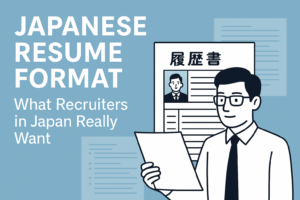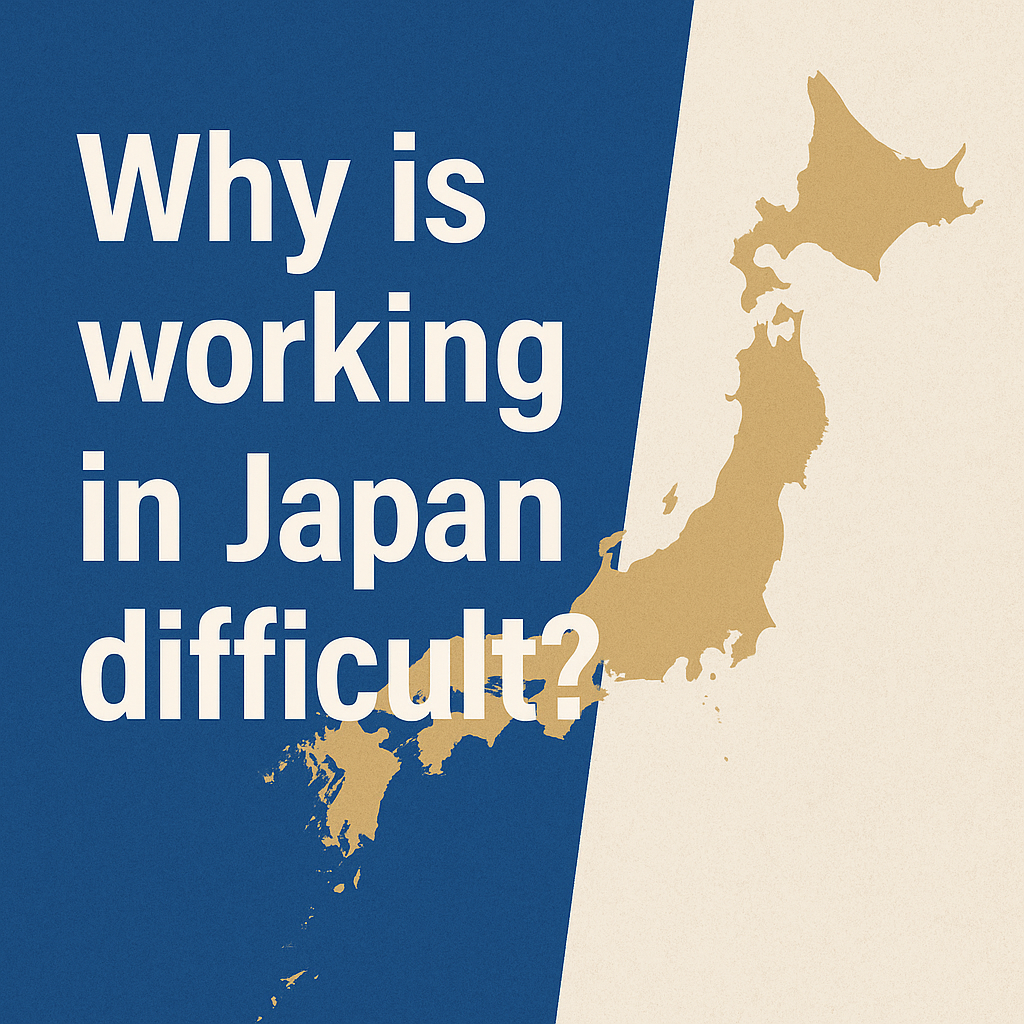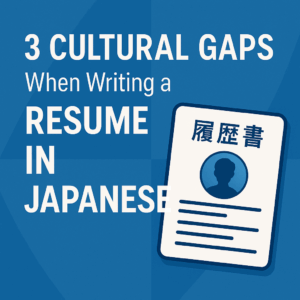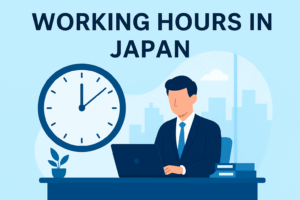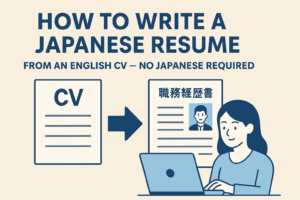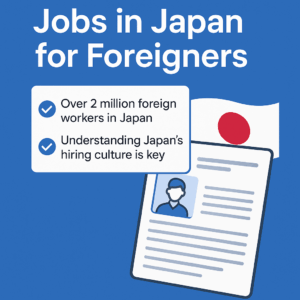Introduction
Moving to Japan sounds exciting. But for many foreign professionals, finding a job — or building a long-term career — is much harder than expected. Even highly skilled candidates often get rejected without explanation.
Language barriers, cultural differences, and hidden hiring rules stop many foreigners before they even get started.
As someone who has worked for years in recruitment — first as an in-house recruiter at global companies in Japan, then as a headhunter supporting multinational hiring — I’ve seen exactly why so many foreign professionals struggle.
In this article, I’ll explain 10 real reasons why working in Japan is more difficult than most people think — and how to avoid falling into these hidden traps.
Language Requirements in Unexpected Places
Even jobs labeled as “English OK” or “No Japanese required” often hide unexpected language demands.
For example, your resume.
Many companies expect a Japanese-style resume (職務経歴書) even if the job itself requires no Japanese ability. HR teams are used to this format and prefer it for screening.
Foreign candidates submitting only an English CV often get silently rejected without knowing why.
Not sure how Japanese resumes work?
Cultural Differences in Hiring and Work Expectations
Japanese companies have different ideas of what makes a “good employee.”
- Always showing respect to managers
- Avoiding direct confrontation
- Using formal and polite communication
- Prioritizing team harmony over personal opinions
These expectations apply not just after hiring, but during interviews too. Failing to match these “unwritten rules” can block you early.
Resume and Application Format Requirements
In Japan, applying with just a Western-style CV isn’t enough.
Most companies expect:
- Rirekisho (履歴書) — basic personal information, education, and a photo
- Shokumukeirekisho (職務経歴書) — detailed professional experience
Many foreigners unknowingly disqualify themselves by submitting the wrong format.
Later in this article, I’ll explain a solution that allows you to generate Japanese resumes automatically — even without Japanese skills.
Complexities of Visa Sponsorship and Job Types
Work visas in Japan are strictly tied to specific job categories and professional fields. Unlike some countries, Japanese employers typically sponsor and manage the visa process themselves, which can be a burden.
This makes companies more cautious about hiring foreign applicants, especially for generalist or entry-level positions. Many employers prefer hiring foreigners only when the position clearly requires international expertise or specialized skills.
Limited English Communication in Practice
Even global companies in Japan may list jobs as “English OK,” but this often refers only to internal documentation or communication within certain departments.
In practice, most companies still require Japanese for:
- Communicating with external clients and stakeholders
- Coordinating with other domestic departments
- Handling contracts or administrative procedures
This is mainly because English proficiency among Japanese professionals remains relatively low, making Japanese the de facto language for much of daily business.
Difficulty Accessing Referral Networks
While foreign companies in Japan actively use referral hiring, many foreign applicants struggle to access these networks.
Most referral hires come from existing employees’ professional or personal networks. Foreigners who are new to Japan — or new to Japanese companies — often lack these local connections, making it difficult to benefit from referral-based recruitment even in multinational firms.
Unwritten Rules in Japanese Workplaces
From email etiquette to meeting behavior, Japanese workplaces operate with countless unwritten rules.
Foreign employees often break these rules unknowingly, damaging their image as “professional” in the eyes of Japanese colleagues.
Unfortunately, few companies explain these rules during onboarding.
Difficulty Navigating Job Boards and Recruiters
Most Japanese job boards are only in Japanese. Many recruitment agencies focus mainly on domestic candidates.
Foreigners searching in English often miss out on open positions simply because they can’t access local platforms.
Employer Hesitation About Hiring Foreigners
Many companies still hesitate to hire foreigners due to:
- Language and communication concerns
- Worries about cultural adaptation
- Fear of short-term stays and turnover
- Complexity of visa processes
Overcoming these hidden biases requires extra effort, beyond simply meeting job requirements.
Intense Competition for Foreigner-Friendly Jobs
Most clearly “foreigner-friendly” jobs — in global companies or international industries — attract many qualified applicants worldwide.
Competition for these limited openings is intense, especially for non-Japanese speakers.
Conclusion: Overcome One Barrier with the Right Resume
Many of these 10 barriers relate to language, culture, and expectations.
But one of the easiest mistakes to fix is using the wrong resume format. Submitting a proper Japanese-style resume immediately makes your application look serious and professional — even if your Japanese skills are limited.
That’s why I created the Japanese Resume Conversion Kit — a tool designed to help foreign professionals generate professional, Japan-ready resumes from their English CVs, without needing Japanese language skills.
👉 Click here to learn more about the Japanese Resume Conversion Kit
Prepare the right documents, understand the cultural landscape, and your chances of working in Japan will dramatically improve.
Read this next

